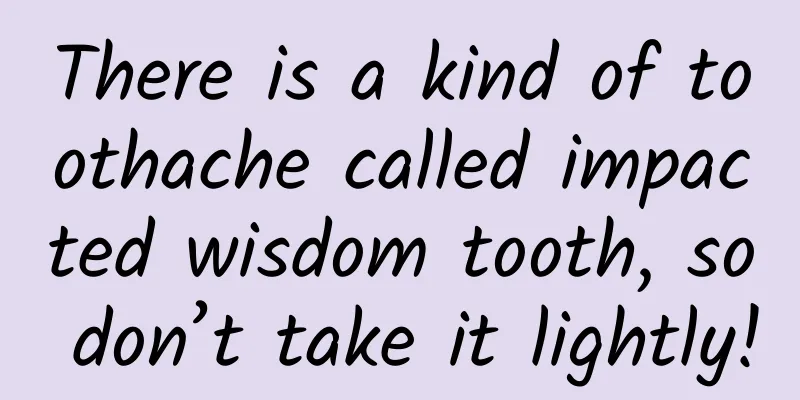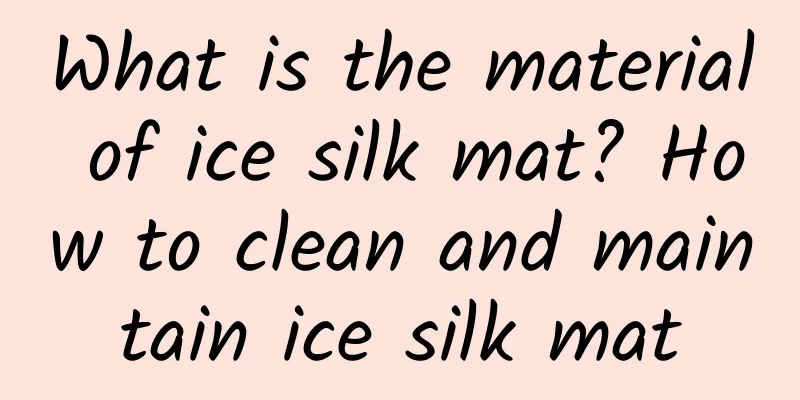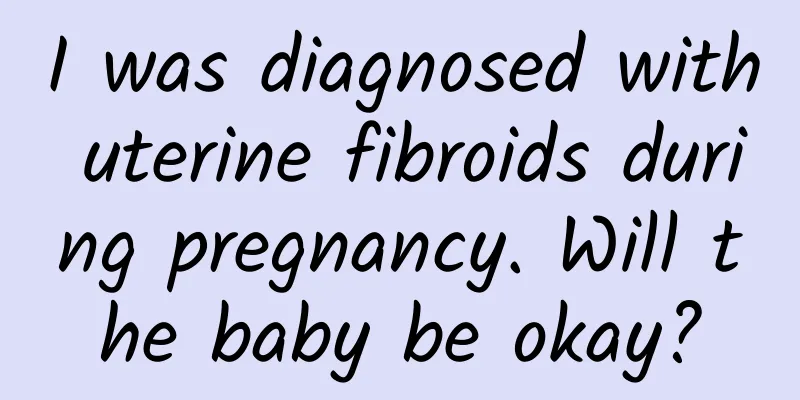There is a kind of toothache called impacted wisdom tooth, so don’t take it lightly!

|
The most unconventional organ in the human body Wisdom teeth must be on the list Among them, impacted wisdom teeth are even more troublesome. It's useless, and it often makes people feel uneasy.
Impacted wisdom teeth, also known as "end teeth" Should we pull it out? What are impacted wisdom teeth? In fact, wisdom teeth are the "eighth tooth" in our mouth. How did this eighth tooth come about? You can count backwards from the midline of the front teeth in front of a mirror. The front teeth are the first teeth, the canines, which are commonly known as canine teeth, are the third teeth, and the eighth teeth are what we call wisdom teeth, also called third molars. Wisdom teeth usually erupt after the age of eighteen, which is when they become adults. This is why they are called wisdom teeth. Some people's wisdom teeth cannot erupt completely or not at all due to insufficient bone mass in the jaw. You can simply understand it as "the teeth are buried in the bones", which forms the impacted teeth that we often hear. The impacted wisdom teeth are called impacted wisdom teeth.
Some impacted wisdom teeth need to be removed Some don't need What harm does impacted wisdom teeth cause? The incidence of impacted wisdom teeth is high, and its hazards are mainly manifested in the following aspects: 1. Tooth decay. Food debris easily accumulates between the mispositioned wisdom teeth and the second molars, causing tooth decay. 2. Recurrent pericoronitis. A blind pocket is formed between the soft tissue around the crown of the impacted wisdom tooth and the tooth, causing the accumulation of food and bacteria. When the resistance is reduced, pericoronitis occurs. 3. Cause damage to adjacent teeth. Inflammation of the periodontal tissue and impacted wisdom teeth put pressure on adjacent teeth, causing the roots of these adjacent teeth to shrink. 4. Difficulty in biting Impacted wisdom teeth often cannot establish a normal occlusal relationship with the opposing teeth. Over a long period of time, this can lead to symptoms such as temporomandibular joint clicking, mouth opening pain, and nocturnal bruxism, which have a great impact on the physical and mental health of young and middle-aged people. 5. Causes trigeminal neuralgia There is evidence that some impacted wisdom teeth are the lesion for some cases of trigeminal neuralgia. 6. Cause other diseases Others: Deeply seated impacted wisdom teeth may form odontogenic jaw cysts.
1. If the impacted tooth is in a relatively straight position, and it is found after dental X-ray that it does not affect the surrounding teeth, and the gingival inflammation is not very obvious, or although the gums are inflamed, they get better quickly after treatment, and the inflammation does not recur often, then such a tooth does not need to be extracted. 2. The gingiva of the impacted tooth is inflamed. It can be cured through treatment, but the inflammation often recurs when the immune system is low or the diet is unbalanced. If the dental film shows that it does not affect the surrounding teeth, you can choose not to extract the tooth and only remove the gingiva. 3. If the tooth is not in the correct position, is often inflamed, or affects the surrounding teeth, then the impacted tooth can only be removed under local anesthesia in the hospital. Precautions after tooth extraction 1. After tooth extraction, the doctor will usually ask the patient to bite a gauze roll (cotton inside and a layer of gauze outside) and spit it out on time as instructed by the doctor. 2. Do not rinse your mouth or brush your teeth on the same day, do not chew food with the affected side, do not lick the wound with your tongue, and do not suck or spit saliva repeatedly, so as to avoid excessive negative pressure in the mouth causing blood clots to fall off and cause bleeding. 3. You can eat only 2 hours after the tooth extraction if there is no bleeding or other abnormal phenomena. Soft, liquid or semi-liquid food is preferred. Do not eat overly hot or spicy food, and avoid chewing with the affected side. 4. Generally, you do not need to take anti-inflammatory drugs after tooth extraction. However, if the tooth is extracted during the acute inflammatory period, or the trauma is large and the physical condition is poor, you should take antibiotics and painkillers for 3 to 5 days to prevent infection. If the tooth extraction operation takes a long time and the trauma is large, the patient can go home and apply cold compresses locally for 1 to 2 days, and then apply hot compresses to promote wound healing. 5. For patients with systemic diseases such as blood diseases and hypertension who have a tendency to bleed, it is best not to leave the hospital after tooth extraction. Observe the wound for half an hour to see if the bleeding has stopped. If it is still bleeding, further treatment should be given, such as packing with hemostatic drugs or gauze, or suturing the gums to stop bleeding, and taking some hemostatic drugs orally. If necessary, hospitalization is required. 6. Generally speaking, tooth extraction will not have much impact on normal work and life. You can go to work as usual, but do not engage in heavy physical labor or strenuous sports to avoid secondary bleeding. 7. Don’t smoke or drink. After tooth extraction, as long as you pay attention to the above issues and take good care of yourself, the tooth extraction wound will generally heal smoothly. |
<<: Illustrated guide to the beginning of summer health for young people!
>>: What should children pay attention to when correcting their teeth?
Recommend
How big is the uterine fibroid that requires surgery?
If uterine fibroids grow to a certain size, they ...
Introduction of small methods for girls to treat dysmenorrhea
Dysmenorrhea problems must be treated, but blind ...
How long does it take for female seborrheic hair loss to heal?
Speaking of hair loss, although it is a common ph...
The exact location and function of Yinbao
The effects and benefits of massaging the Yinbao ...
Can I eat bayberry when I am pregnant?
For women who have just become pregnant, many foo...
What are the symptoms of uterine dilation during pregnancy?
Pregnant mothers will go to the hospital for main...
What nutrients does breast milk contain?
We all know that when a baby is born, he relies o...
In daily physical examinations, which examination items are helpful in detecting bone tumors? Is it X-ray, CT or MRI?
During routine physical examinations, the followi...
When is the safe period for women to not get pregnant?
Now I have to ask this question: why can't wo...
How to relieve menstrual stomach pain
I believe many female friends have experienced lo...
What should women do if they have hemorrhoids?
It used to be said that "nine out of ten men...
Beautiful feet add to your charm! 8 secrets to take care of your feet
Feet may be the part that is most easily neglecte...
Women sweating in these parts is most dangerous
People need to sweat, and sweating is a way of de...
Can I eat red beans during menstruation?
When I see the word menstruation, I think of dysm...









